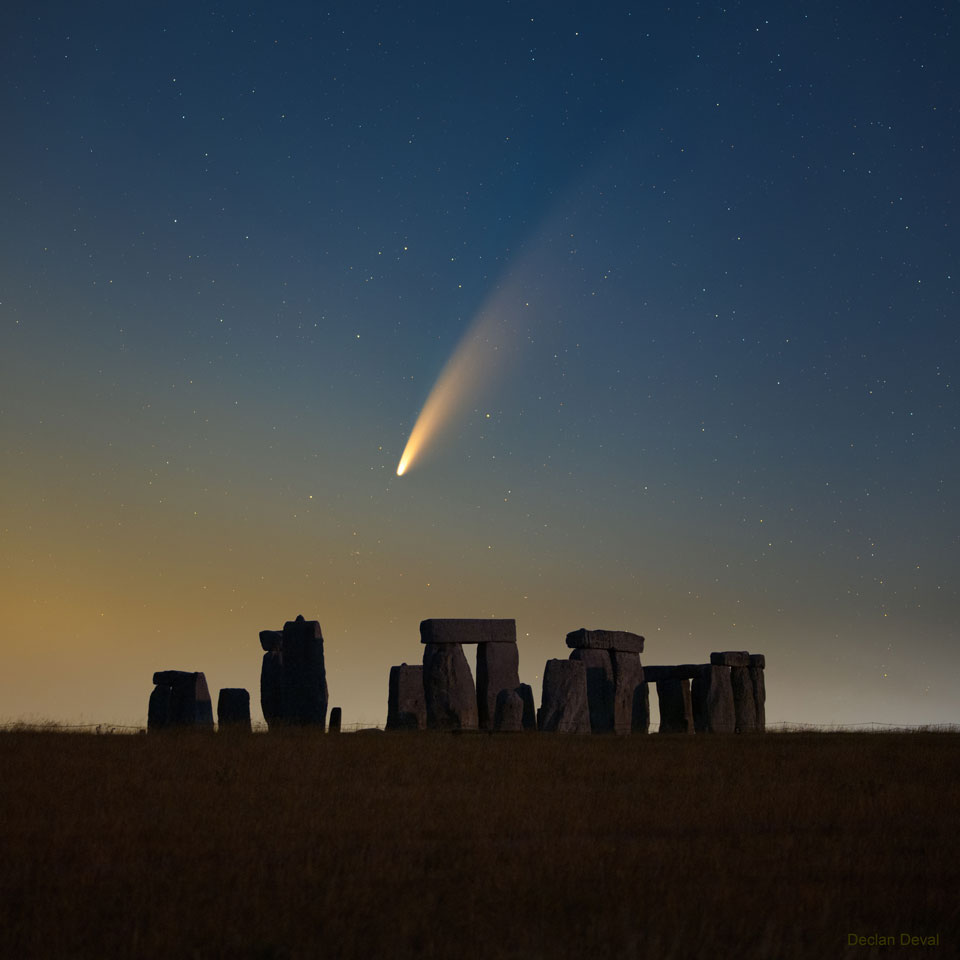From Reddit: pic.twitter.com/QNLRl937V8
— Cathie from Canada 🇨🇦 😷🏳️🌈 (@CathieCanada) August 6, 2020
I don't have any children or grandchildren in school these days, and thank heavens for small mercies.Oh dear, I think we're in trouble now.
— Cathie from Canada 🇨🇦 😷🏳️🌈 (@CathieCanada) August 5, 2020
The Sask school plan is based on wishful thinking - it imagines that COVID is symptomatic, that students with symptoms can just stay home or go home, and that nobody else (teachers, parents, staff) will get sick.https://t.co/lh4Je7b64F
I think this mom has it right:One thing that really impresses me about Saskatchewan is how consistently we've been able to come up with the worst plan in Canada on a broad range of policies, from suicide prevention to school reopening. Truly inspirational.
— glengarry glen busey (@birlios) August 5, 2020
The School Safe "plan" in Saskatchewan is based on wishful thinking:After a lot of conversations & thinking, we have decided the safest thing we can do for our son is keep him home in Sept. He will be learning via the CBE online hub. I will have to give up my job as they require me back in person as of Sept, but I know this is the right choice.
— Lucy 🇨🇦 (@TheBlueGem3) August 7, 2020
Parents aren't happy:What I don't understand is why employers in the business sector are not demanding a better plan for schools. If their employees cannot be at work because they have to stay home with their kids, won't that cause the economy to shut down again? #skpoli #sasked #covid19sk https://t.co/VOy9q6bhEc
— Maren Beaton (@maren_beaton) August 7, 2020
Neither are doctors:What I am curious on (if it’s been mentioned anywhere, let me know) is what happens if one staff or kid tests positive? Is every single person in school that has come into contact with that one positive case going to be sent for testing and isolation till test results come back?
— Bort (@Kfb28) August 7, 2020
I am concerned that the Sask Party seems to be reducing the whole School debate to a discussion of whether or not to make masks mandatory, while the Sask Medical Association is asking for a much broader look at school problems:Saskatchewan's doctors press for safer return-to-school plan - Premier Moe says he's open to changes: https://t.co/dHuAVThnNO @SMA_docs @keepskkidssafe @GordWyant Dr. Shahab @SaskHealth @CBCSask
— Dennis Kendel (@DennisKendel) August 8, 2020
[SMA says]“Closed spaces with poor ventilation, crowded spaces with many people, and close-contact settings with close-range conversations are not uncommon in schools and these realities need to be front and centre in back to school plans.” Education Minister Gord Wyant said Friday that, in response to the association’s concerns and recommendations from the Public Health Agency of Canada, the province is looking at making masks mandatory.
I spent my evening sobbing in the park with my husband and mother-in-law about how it will now be unsafe to see our families as soon as schools reopen.
— Amy (Lawson) Empringham (@lawsonames) August 5, 2020
There is no plan.
Our province has failed.



